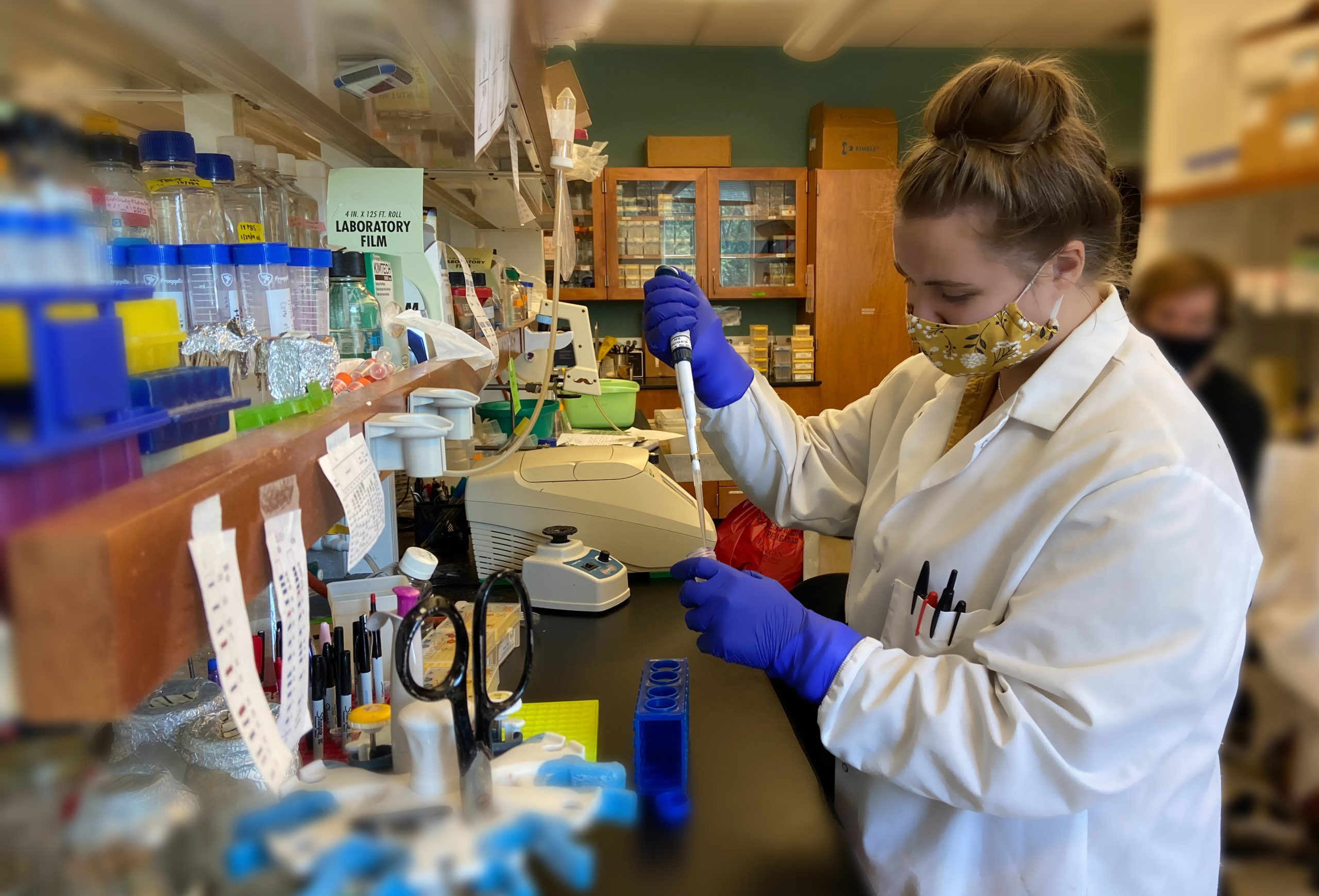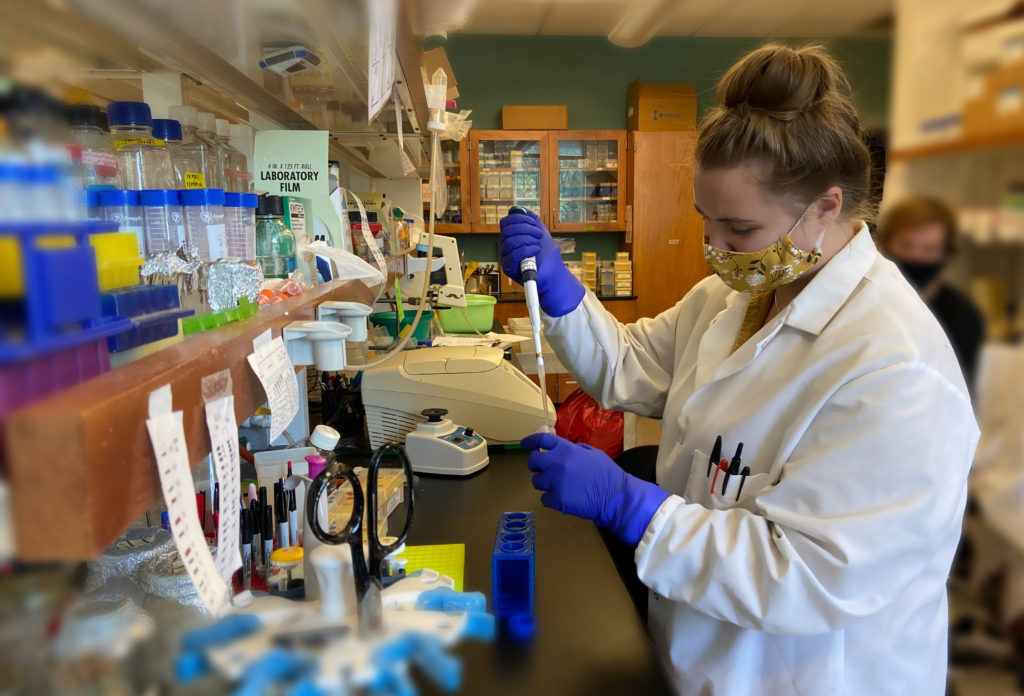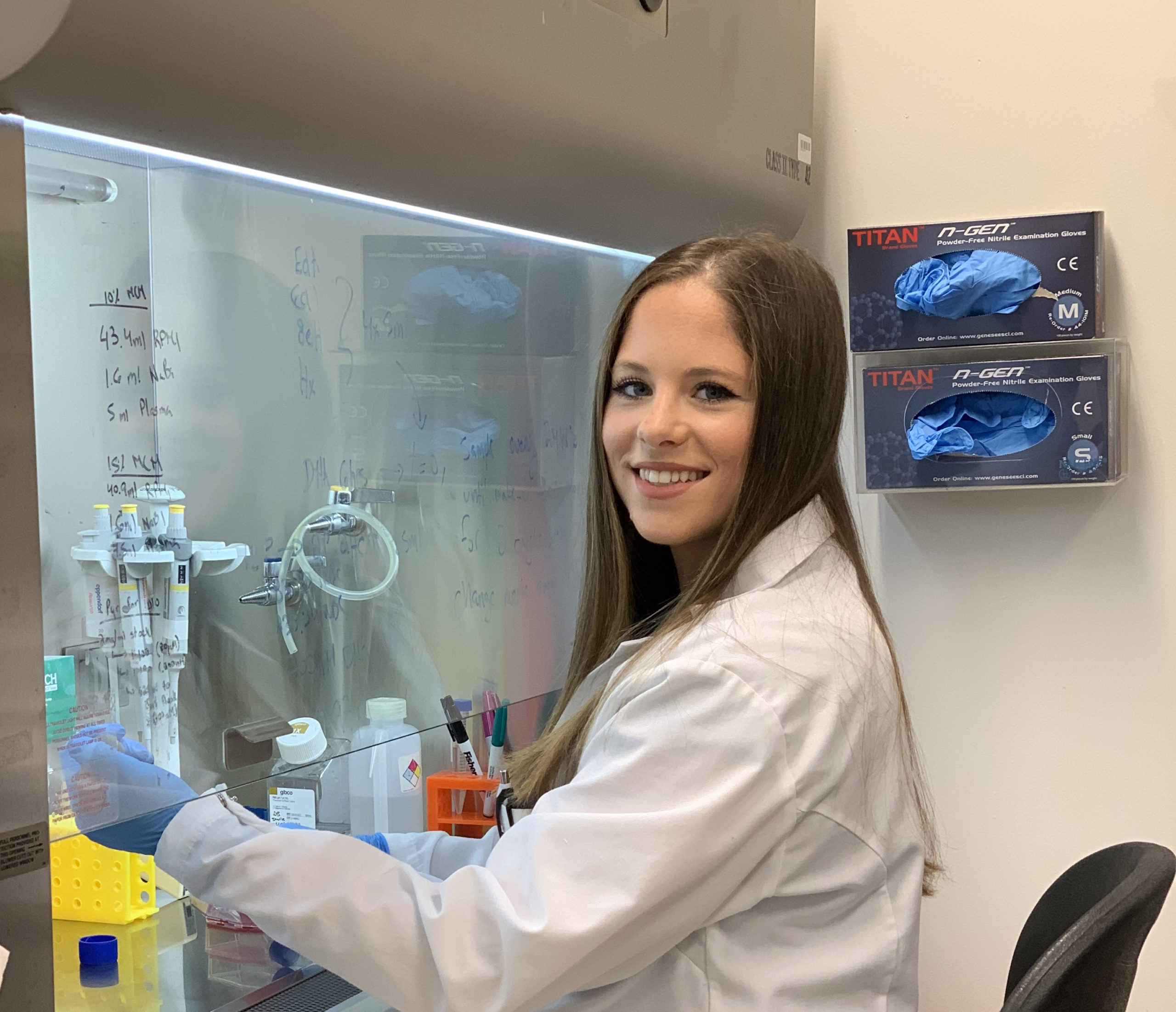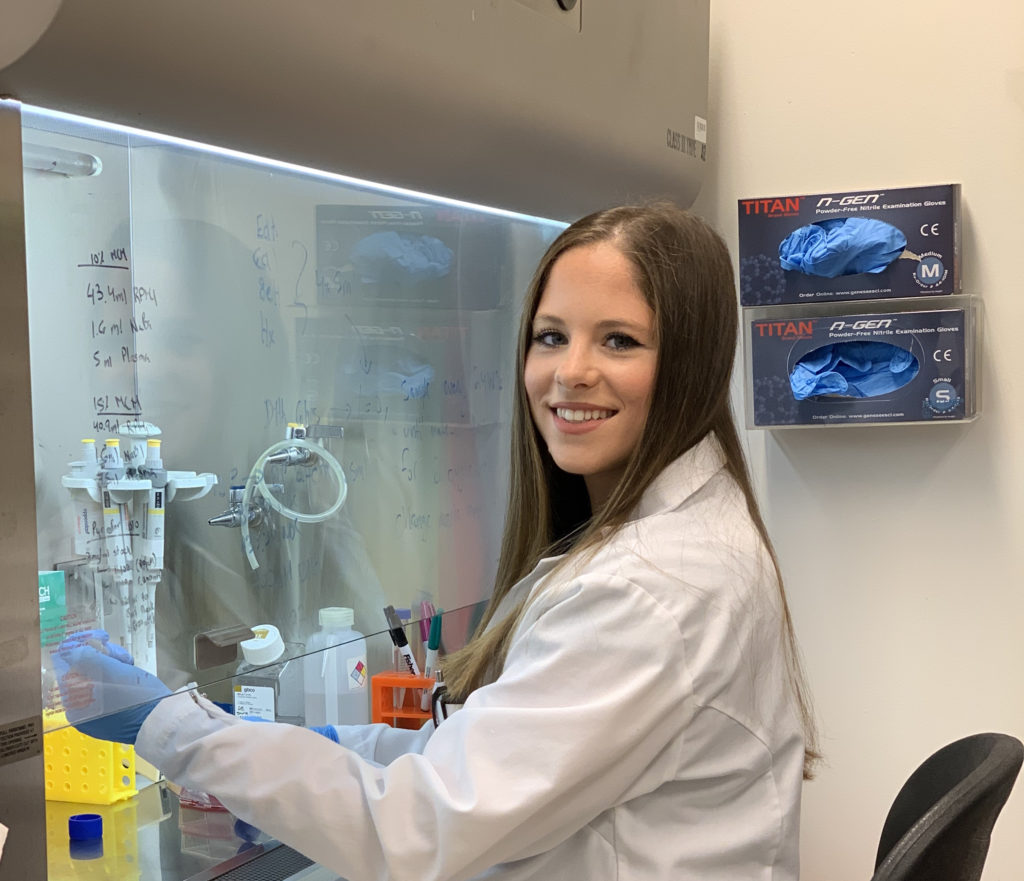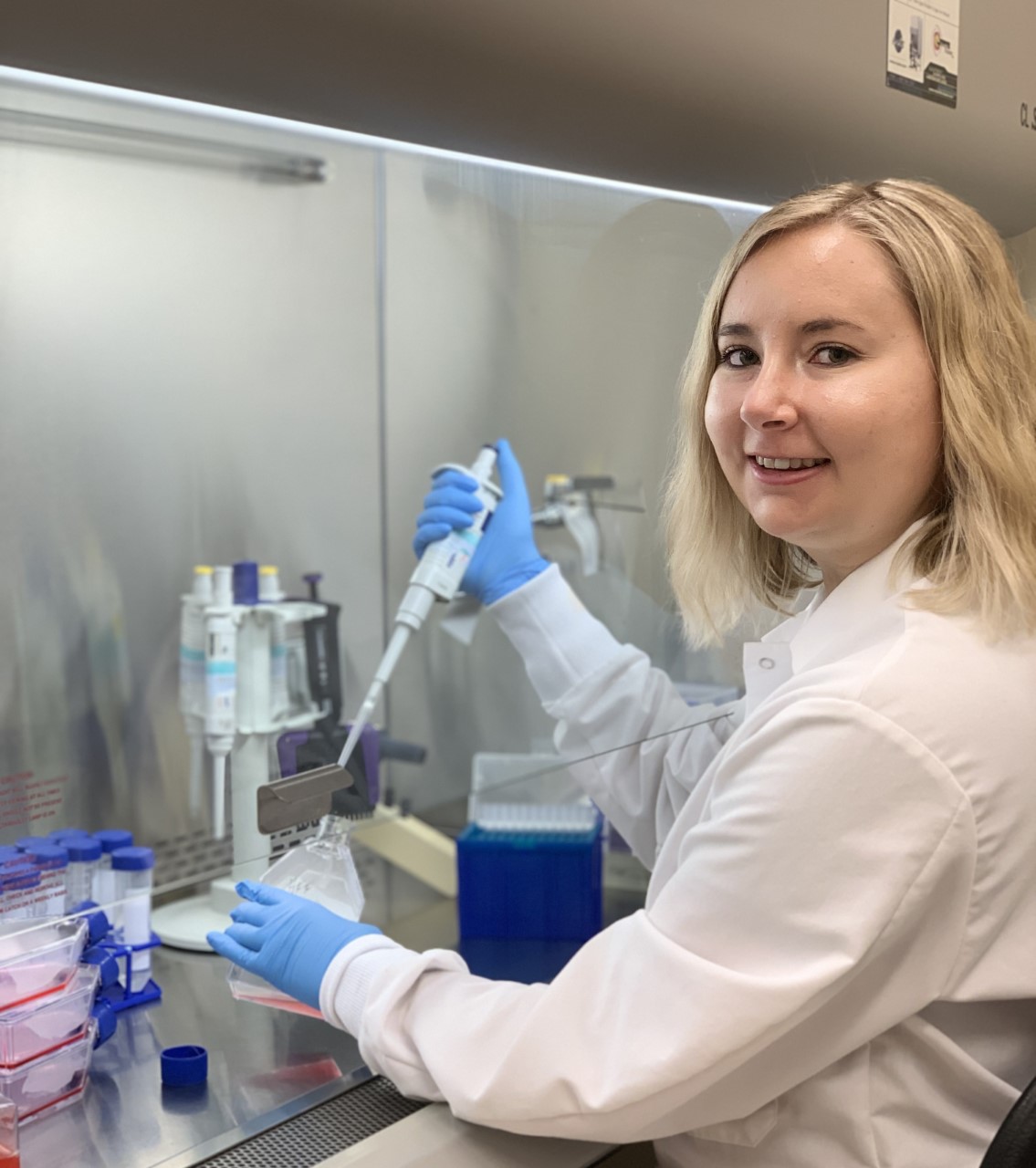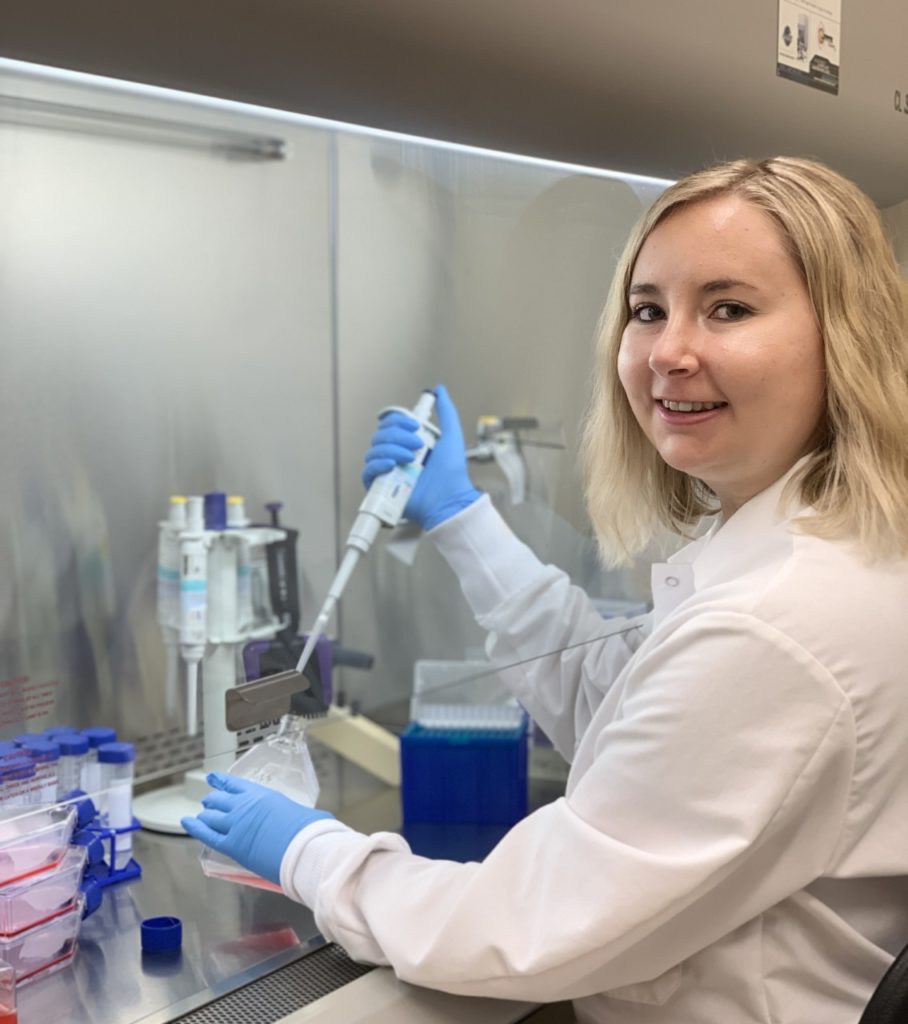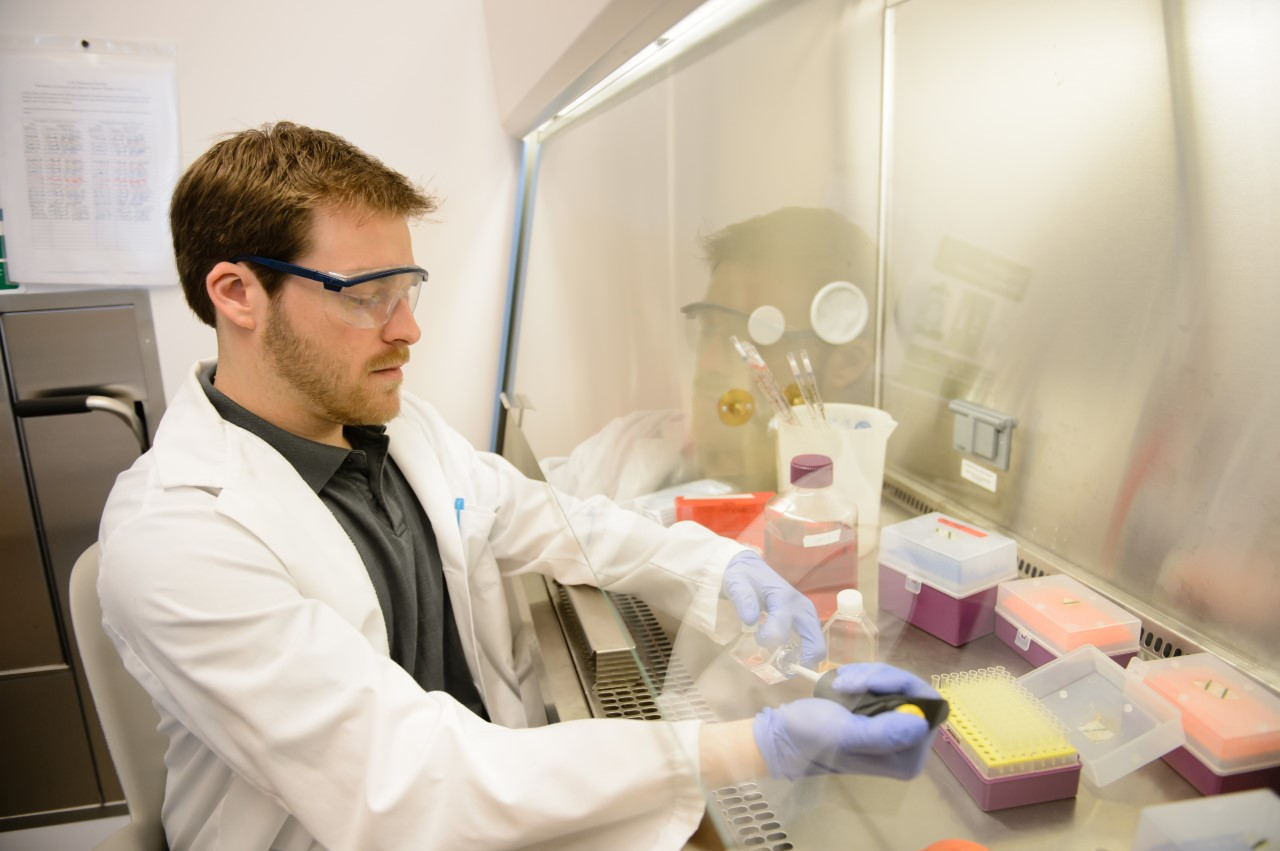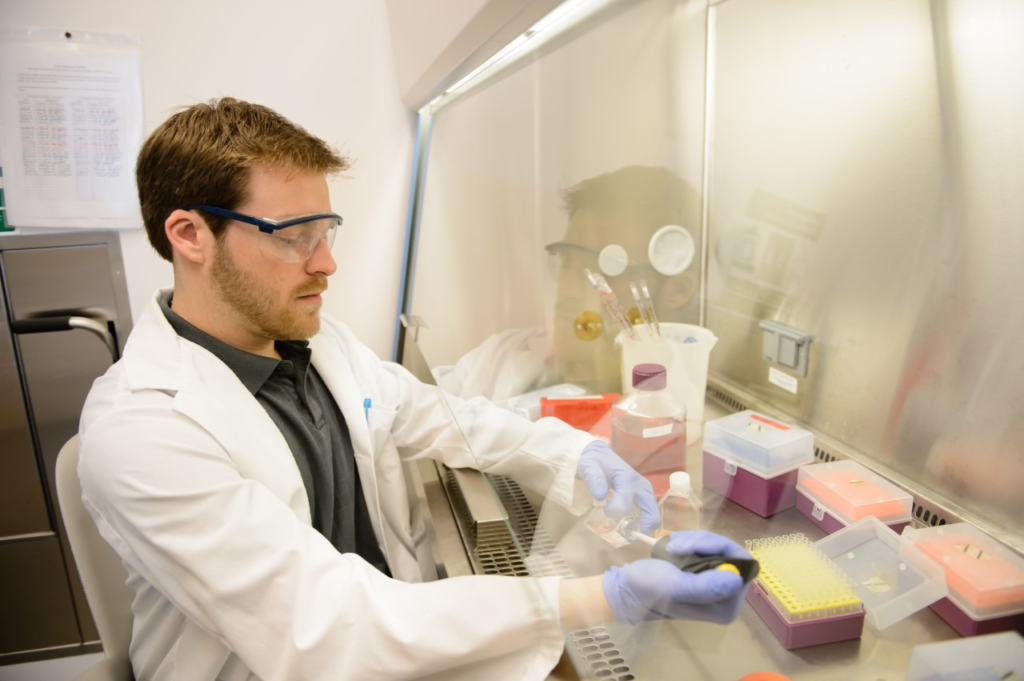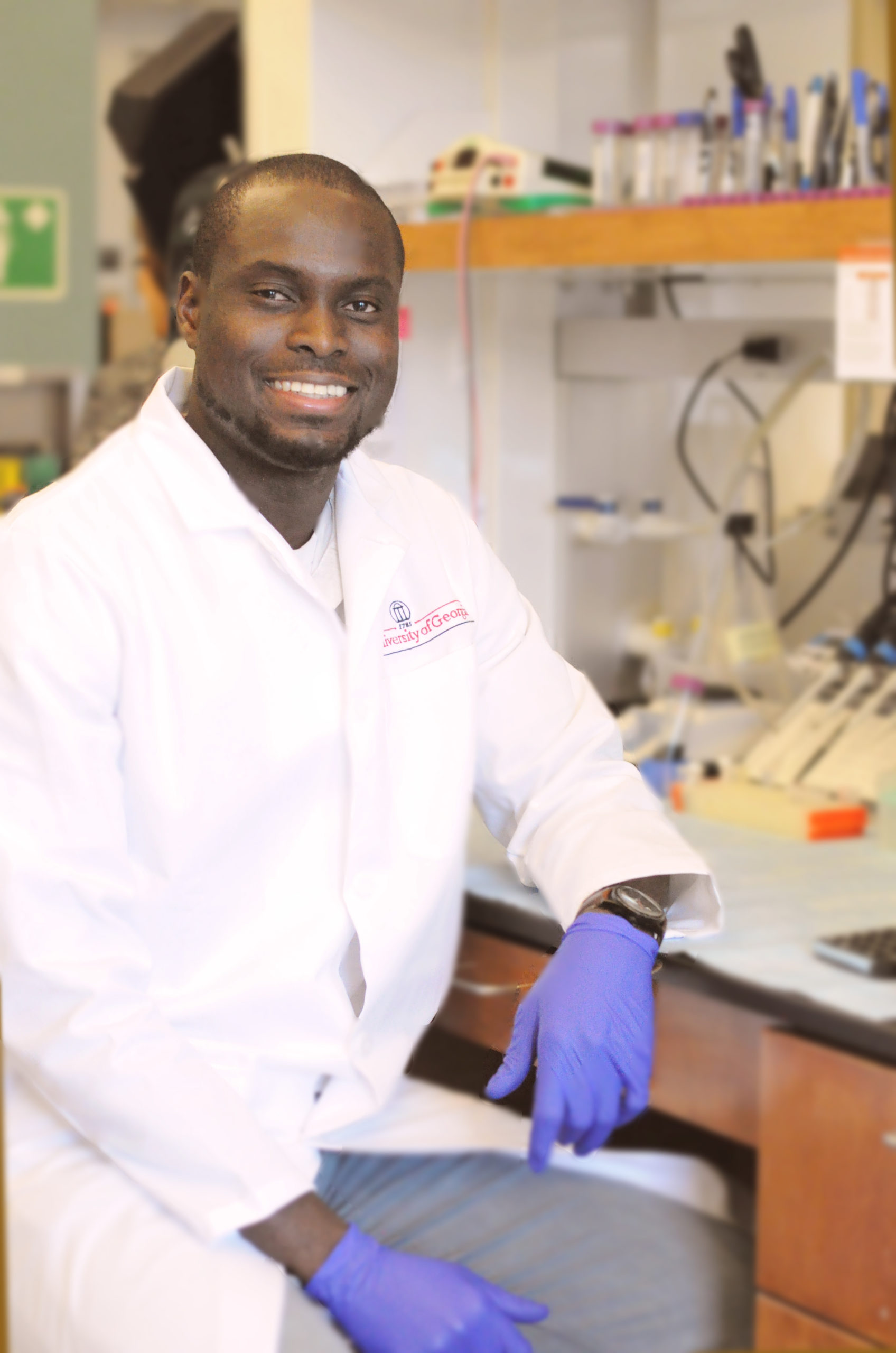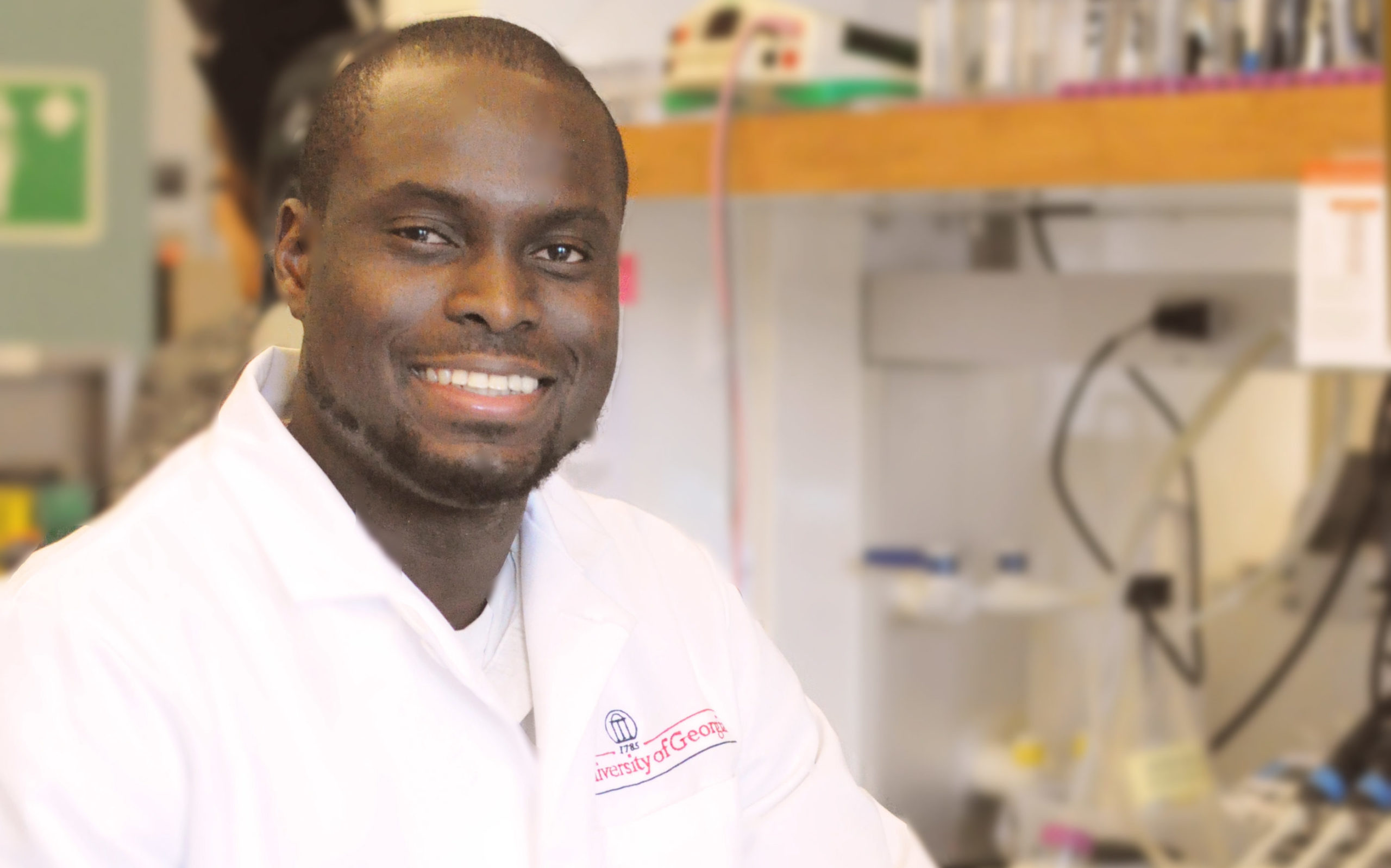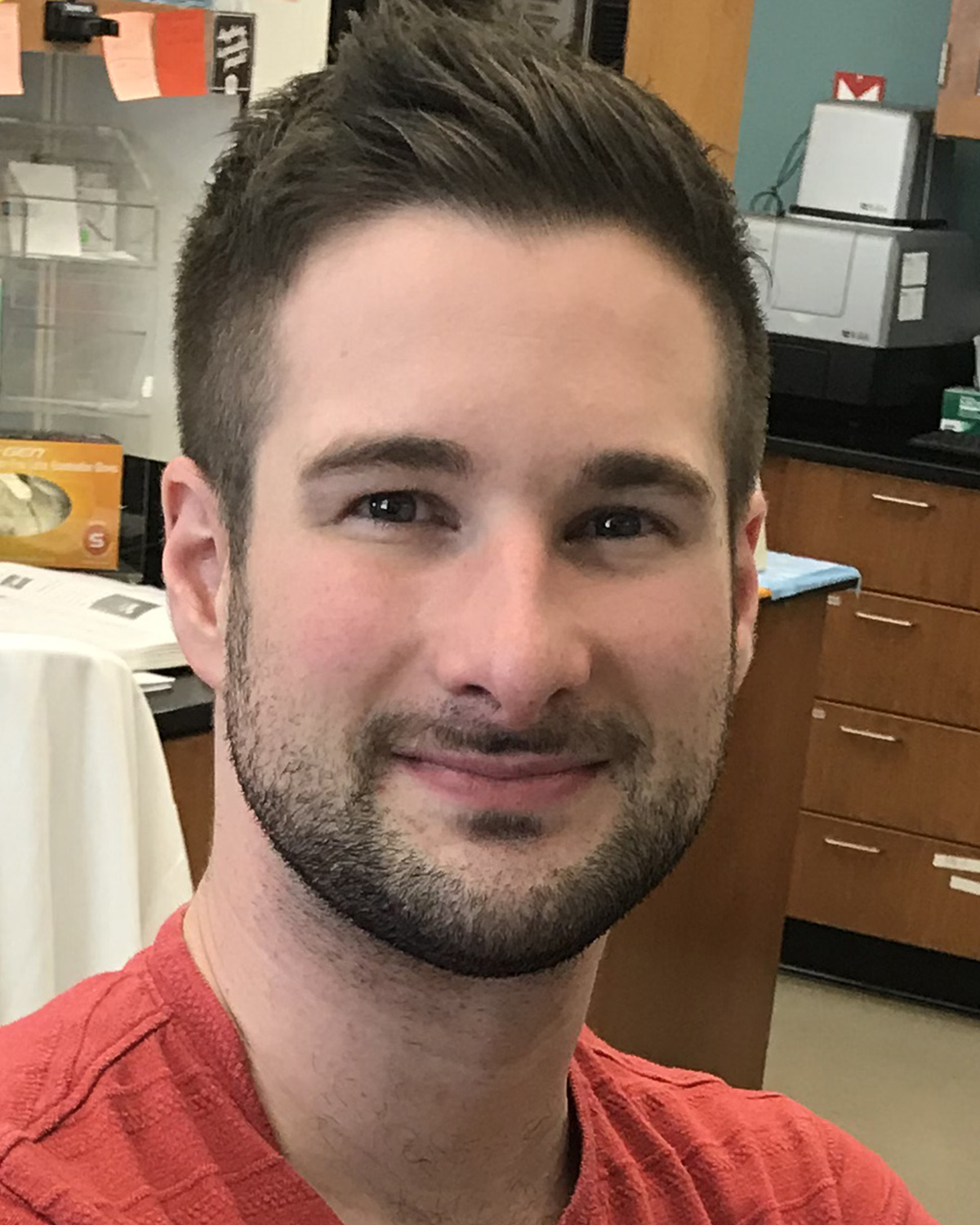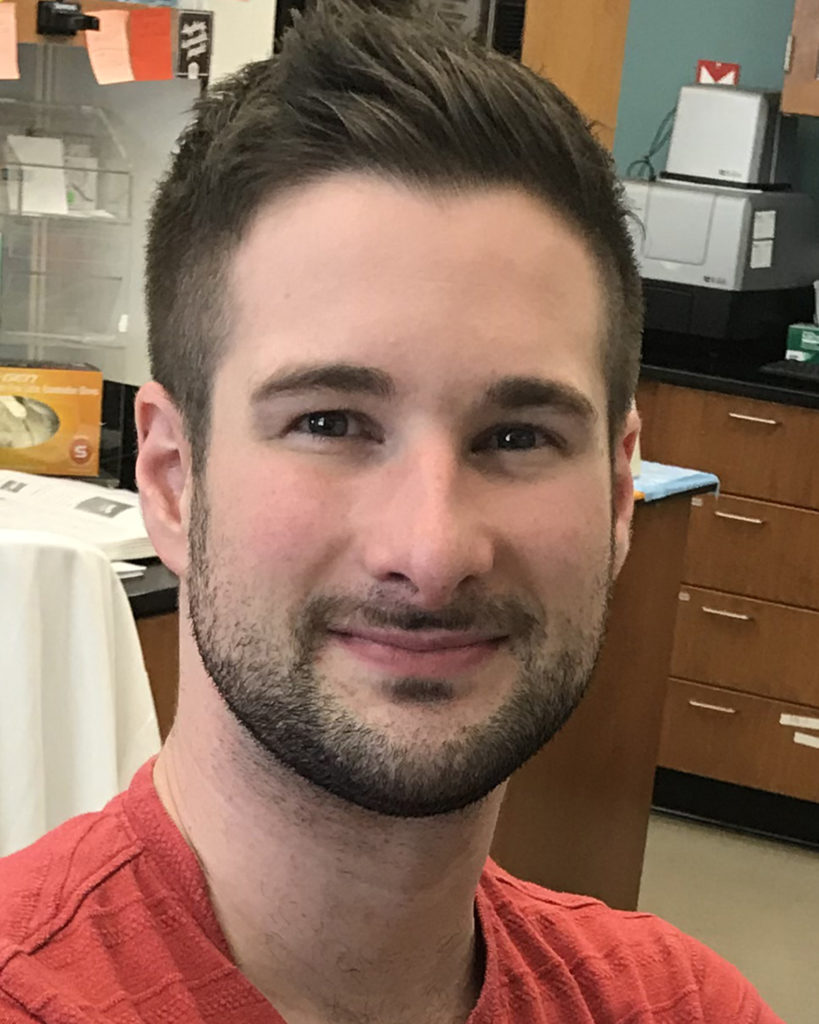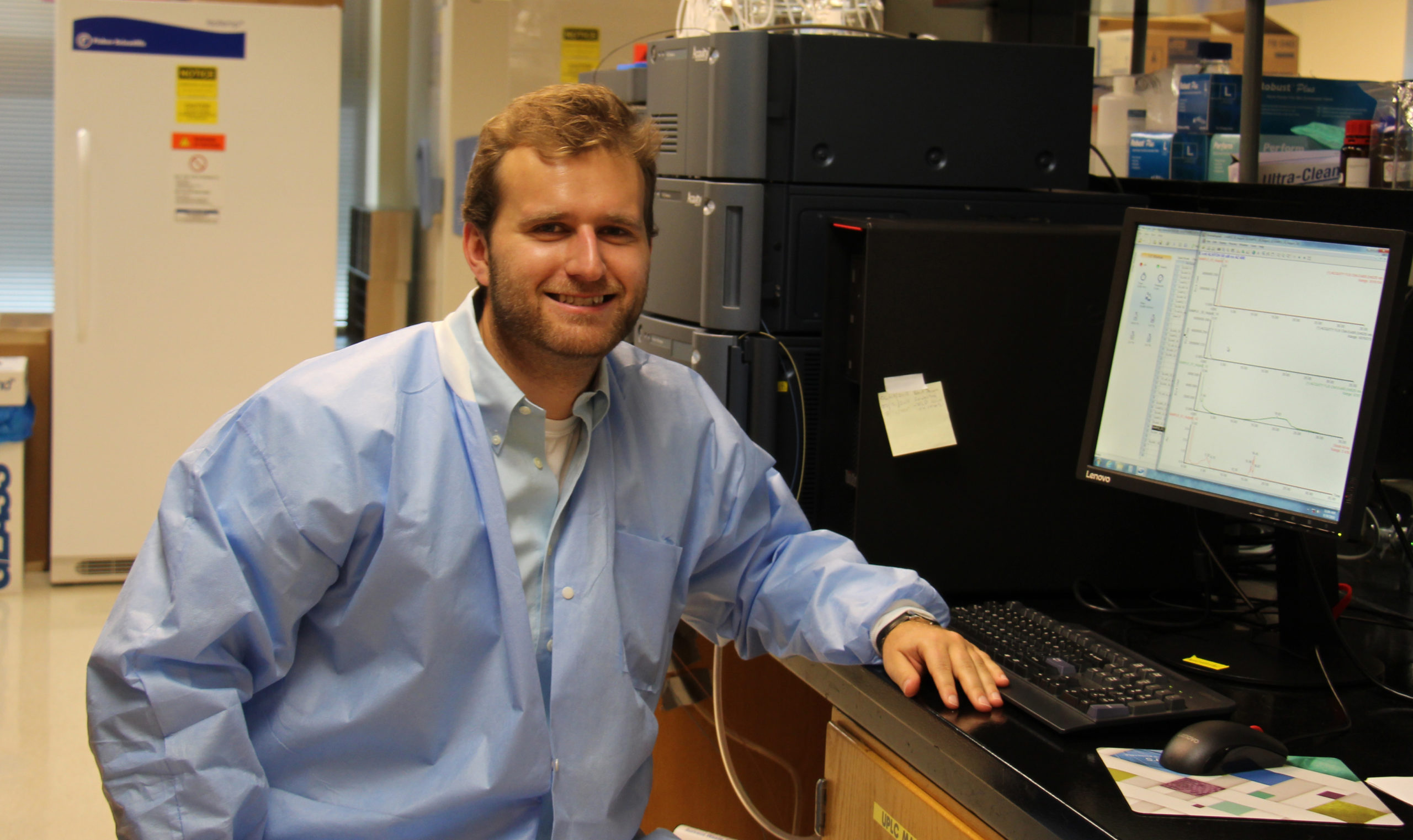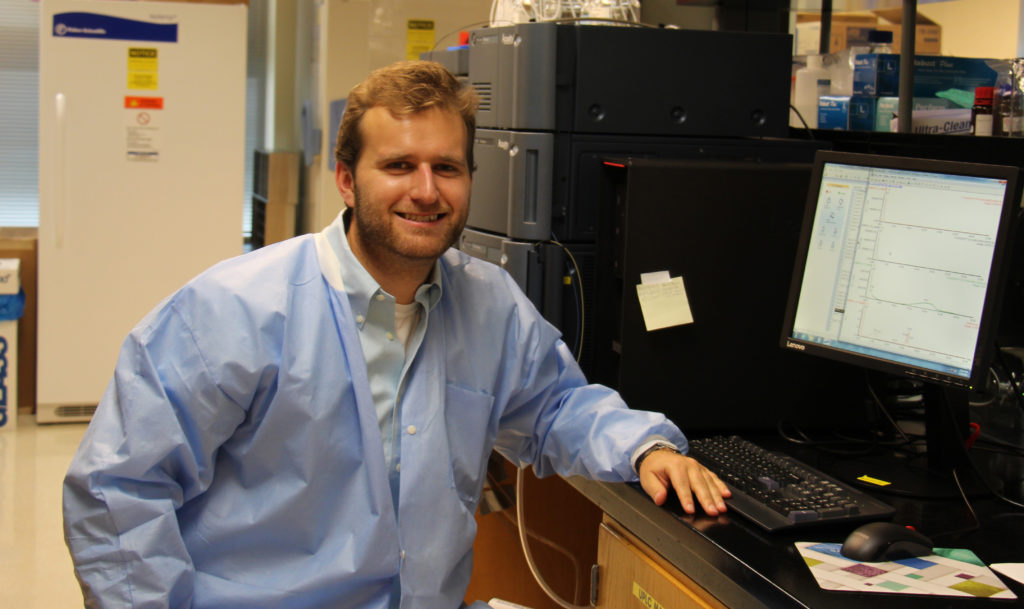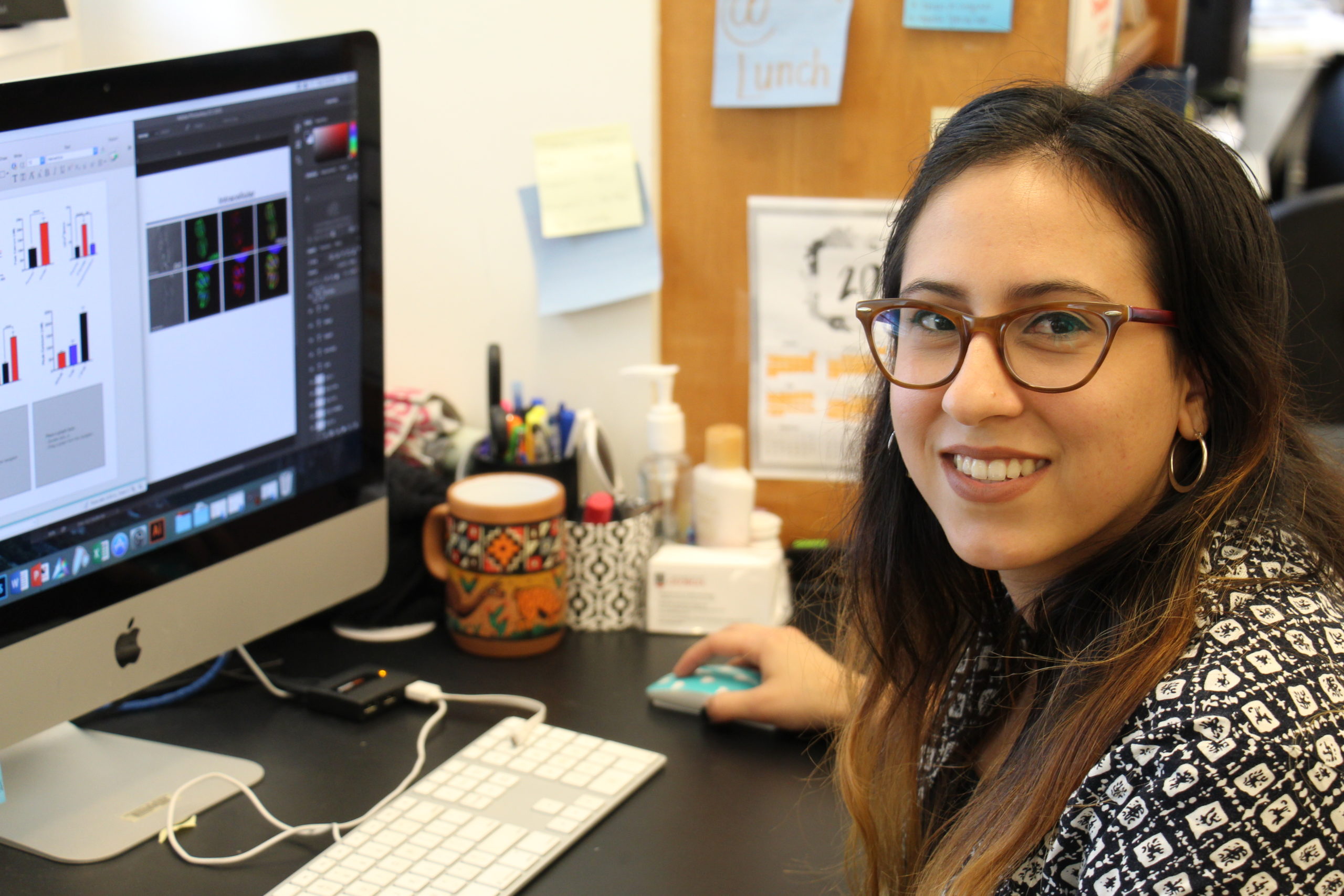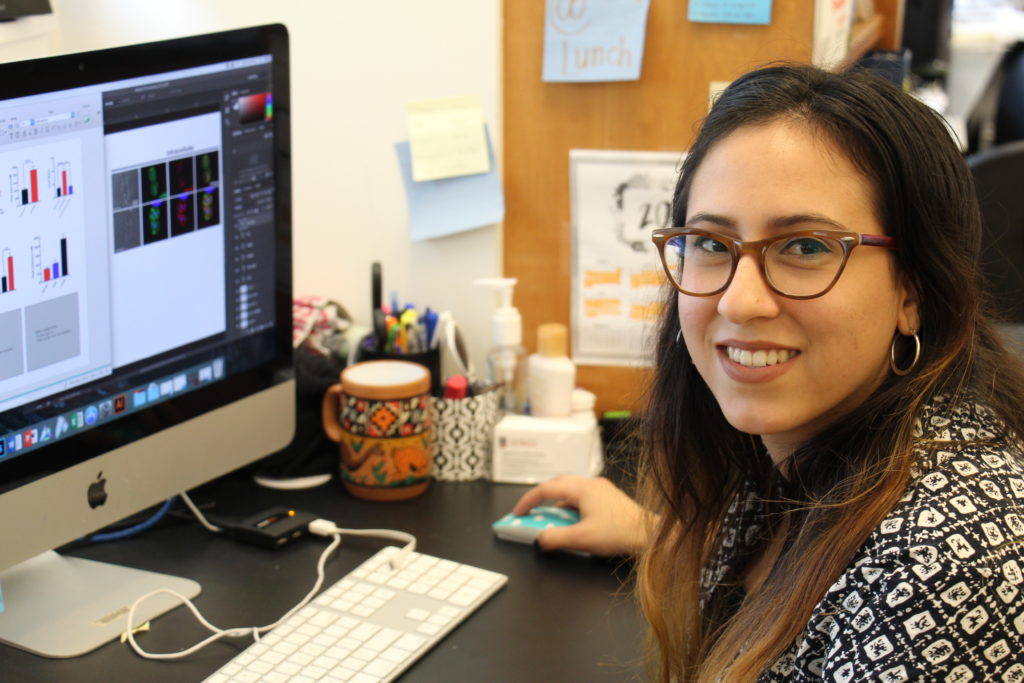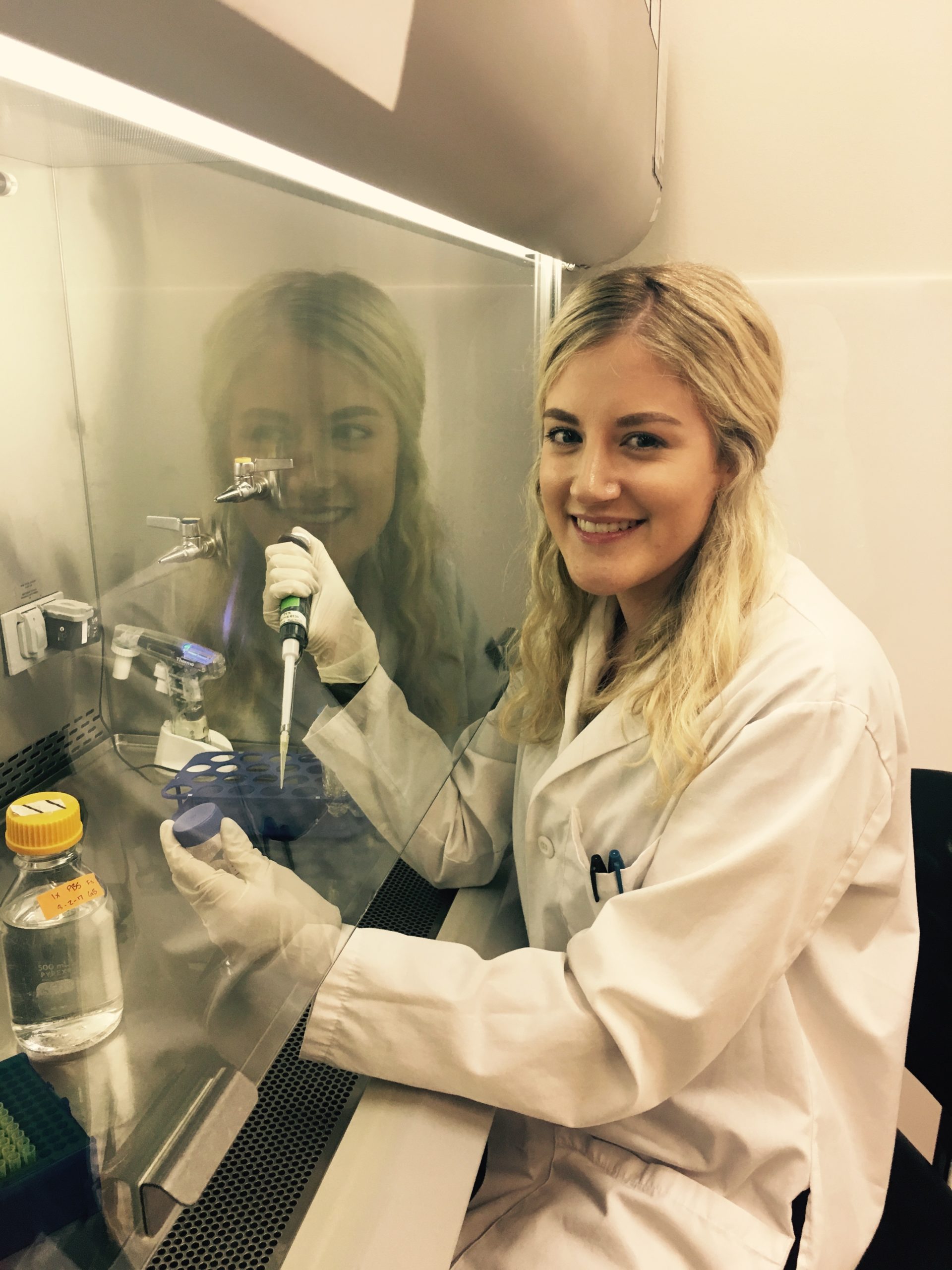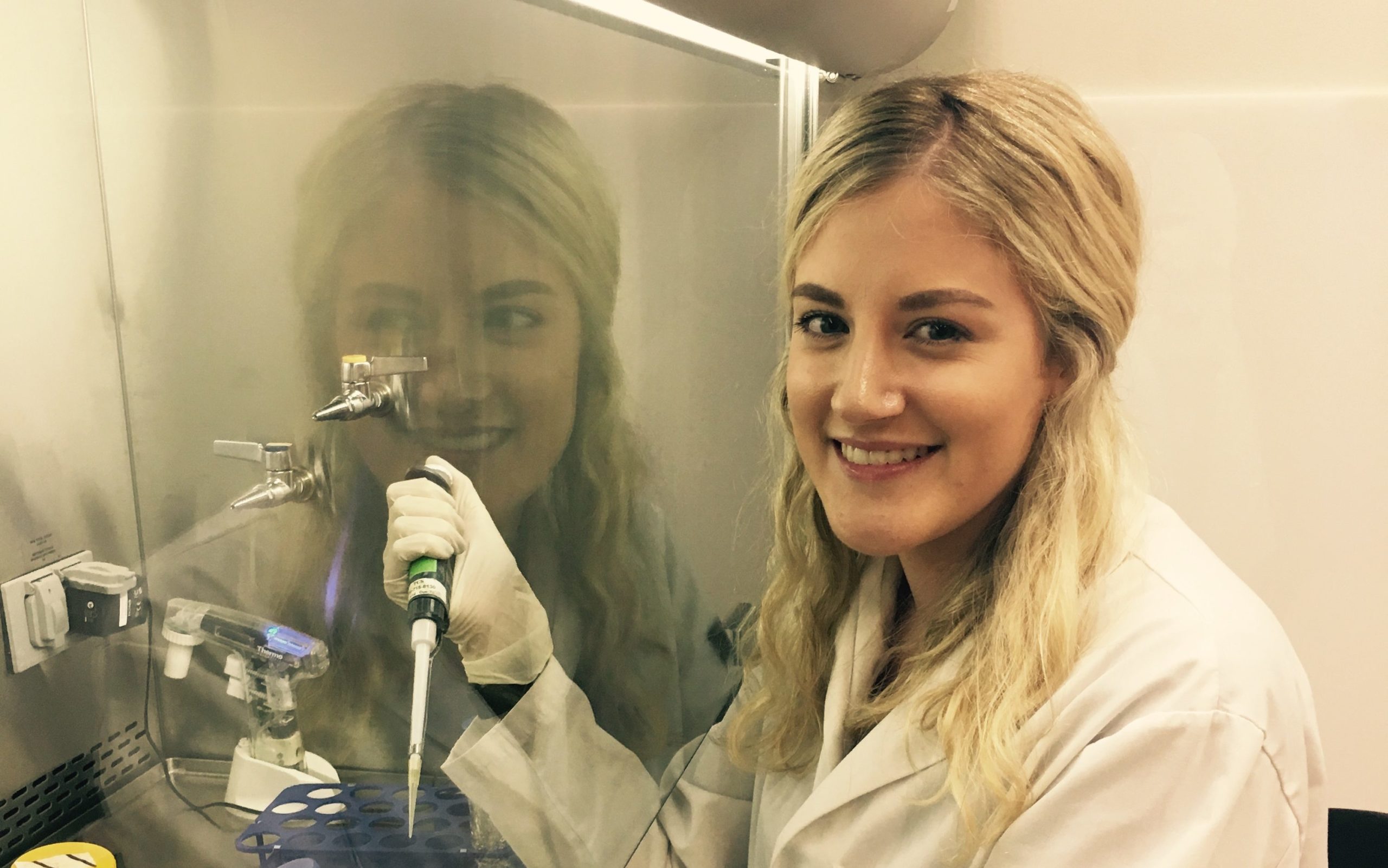Trainee Spotlight: Megna Tiwari
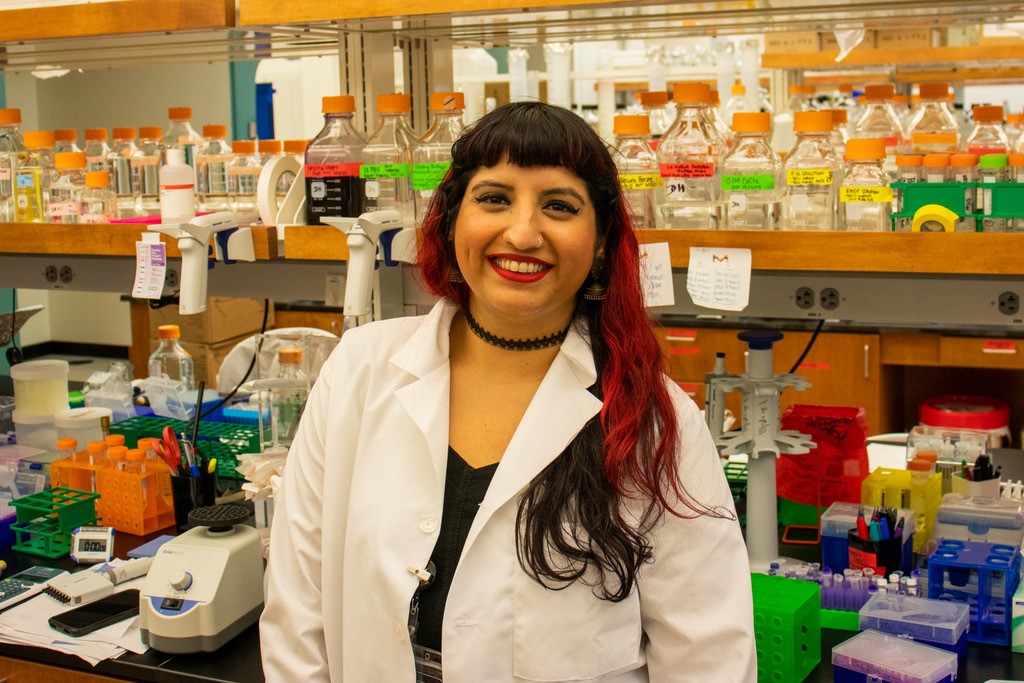
Megna Tiwari is a second-year Ph.D. trainee in the laboratory of Diego Huet. She is originally from Newport Beach, California and completed her undergraduate degree in Cell, Molecular and Developmental Biology at the University of California, Riverside (UCR). While at UCR, she worked as an undergraduate researcher in the fungal genomics lab of Dr. Jason Stajich for 2 years and co-founded Women in STEM Engaging Riverside (WISER). After graduation, she worked as a blood bank lab technician at LifeStream Blood Bank where she screened for and routinely found blood samples positive for understudied pathogenic parasites. Her fascination with pathogenic parasites led her to seek a thesis-based Master of Science in Biology at California State University, Fullerton under the supervision of Dr. Veronica Jimenez. During this period, Megna worked on understanding the functional and structural relationship of mechanosensitive ion channels found in T. cruzi and cemented her passion for molecular parasitology.
Megna has been awarded a CTEGD T32 Training Fellowship. She currently serves as Vice-president of CTEGD’s Graduate Student Association and New Student Liaison for the Department of Cellular Biology’s Graduate Student Association.
Why did you choose UGA?
My master’s research in parasitology reaffirmed my passion for research in unconventional parasitic pathogens. Therefore, I applied for doctoral programs that would allow me to remain in the field of cell and molecular parasitology and the CTEGD at UGA was the perfect place for me to obtain the best possible training as a parasitologist.
What is your research focus/project and why are you interested in the topic?
The over-reaching research goal of the Huet lab is the investigation of the highly divergent metabolic adaptations of apicomplexans. My research interests in the lab have led me to study the role of the ATP synthase in the apicomplexan Toxoplasma gondii, the causative agent of toxoplasmosis. For my project, I am examining the role of apicomplexan-specific ATP synthase subunits and how they might contribute to the regulation of the ATP synthase function in the parasite.
What are your future professional plans?
Following graduation from UGA, I hope to continue on for a postdoctoral research position in parasitology.
What do you hope to do for your capstone experience?
For my capstone experience, I want to gain an outside perspective and understanding of foreign research culture that I can apply to my own research when I return to the CTEGD.
What is your favorite thing about UGA and/or Athens?
At the CTEGD, I love the collaborative nature. If I am trying to learn a new technique or understand new concepts, I am able to easily walk down the hall to a neighboring lab and get advice. In Athens, for entertainment, I love the endless craft beer scene and I love all the greenery and being able to hike gaps of the Appalachian trail!

